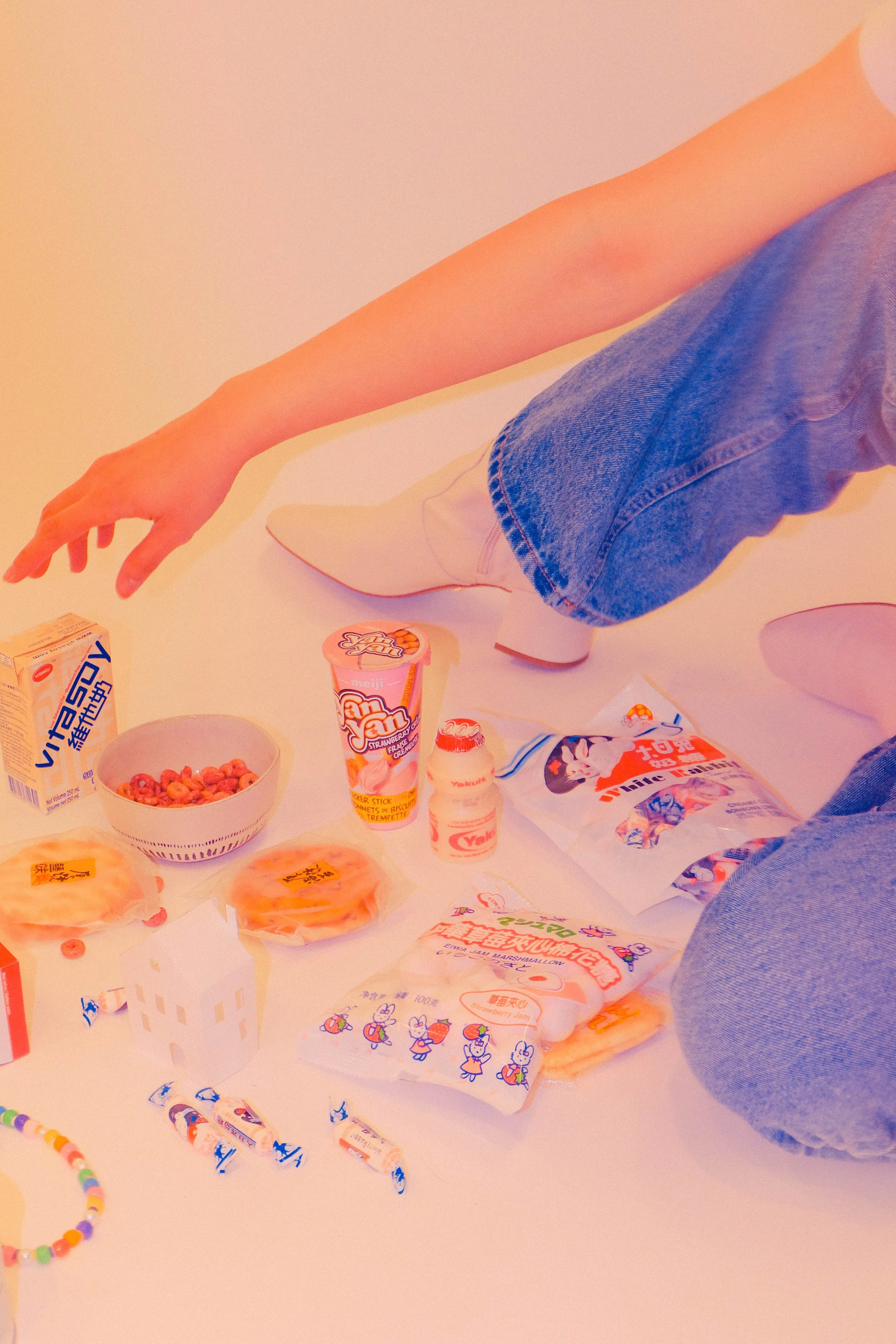During my clinical practicum in grad school, I was working with folks who were concerned about their relationship towards their bodies and food. I started to research the compounding effects of diet culture, the history of fatphobia, how industries uphold this discriminatory practice - like how invasive it can be in healthcare - and all the intersections in between.
It can be exhausting healing from something that's been with you for so long.
Healing from disordered eating and body image issues requires stepping outside of the mainstream diet culture that tells us we need to be thinner, prettier, and perfect. It may take winding down similar roads, witnessing yourself straddle with diet culture-y behaviours that are both comforting and unsupportive.
Let’s get vulnerable and transparent. Because I also struggle with my body image, with food and self-esteem (it's been a love-hate relationship) so I really relate to folks I have been working with. I feel a sense of mission to advocate for inclusivity (aka real human care) in the healthcare field where Health at Every Size and intuitive eating is the BASELINE for respect when we are working within this area.
I see a huge gap in searching for a POC therapist working in this perspective. I also wish to find a HAES therapist who could understand and help me find a spot for care in my intersection of practicing intuitive eating, veganism and environmentalism after I made an ethical decision to adopt this lifestyle years ago. (the only account I have seen talking about this intersection is @greengirlleah - bless you!)
I believe there are MANY more intersections that folks like myself haven’t been able to find help and who don’t share this concern publicly— because of potentially receiving shame-infused reactions and assumptions.
Here are my favourite picks on books and podcasts that I recommend for anybody wanting to start reflecting on their own relationship with their body and food. I think that we all can use some more acceptance, compassion and embodiment in the body and the world we live in.
Books
Befriending Your Body written by Ann Saffi Biasetti
10 Principles of Intuitive Eating written by Evenlyn Tribole and Elyse Resch
The Body is Not an Apology written by Sonya Renee Taylor
The Art of Body Acceptance written by Ashlee Bennett
Bodyfulness written by Christine Calwell
Podcasts
Food Psychology hosted by Christy Harrison
Body Kindness hosted by Rebecca Scritchfield
The Body Grievers Club by Bri
What other resources have you found helpful on your journey to body acceptance? Let us know in the comments below!
So there you go: my favourite resources I always go back to when I need it. Your relationship with your food and body will always be a journey and not a destination.
If you're ready to embark on this journey, we'd love to come along with you! Working with an anti-oppressive, HAES (health at every size) therapist can help you notice when you are self-policing, work through alongside you and these learnt behaviours of taking up less space. Maryam and I (Linda) from the team offers support, resources, and community for those healing from disordered eating and body image issues.
If you are struggling with an eating disorder or body image issues, please reach out for help. You are not alone. Help is available.











